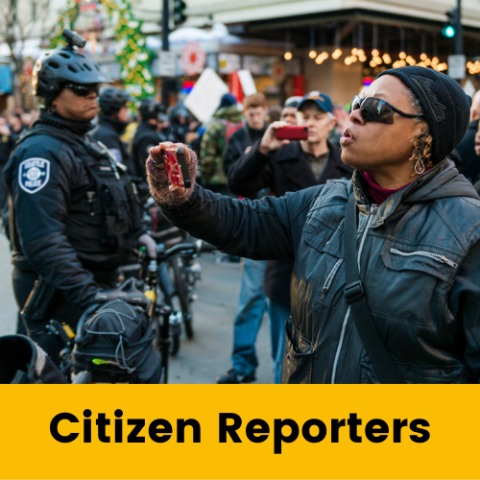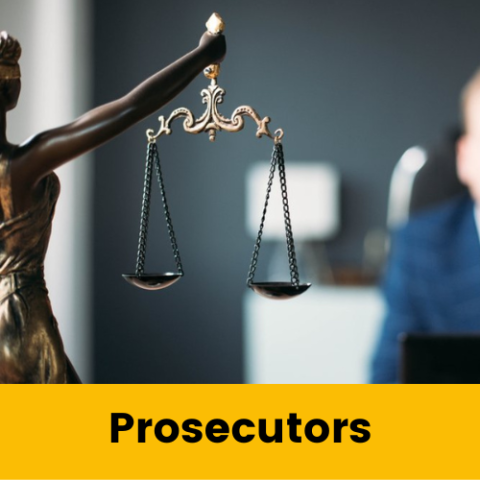Date of Offense
Reporting Authority
Statement
During a three week trial Kelly Uebinger constantly exhibited bias. She intentionally created a jury that was not reflected of the defendant’s peers. She called the defendants derogatory names, made lawful actions seem like unlawful and illegal deeds. She made both Cooglio and Brady violations by utilizing primary witnesses who had a history of fraudulent actions as her primary witnesses; an office manager fired and reported for embezzlement and a nurse whose nursing license had been temporarily suspended for a narcotics discrepancy and according to many past employees forged numerous documents…these people had no credibility and should not have been utilized in any capacity of anticipated truth telling. She also committed multiple Brady violations by omitting and blocking information that would have exonerated me. She also informed the jury about things that I did personally, which were perfectly legal and had nothing to do with the charges against me. Her goal was to evidently create bias against me to encourage a verdict in her favor, against me, in which she was successful. The trial transcripts will come out soon and will support all allegations listed in this complaint.


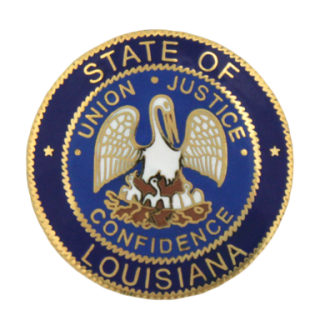
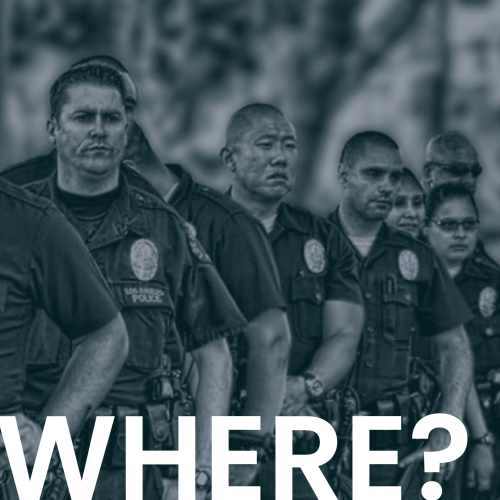
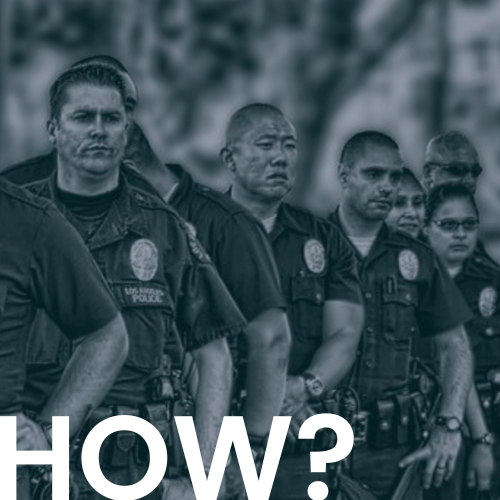
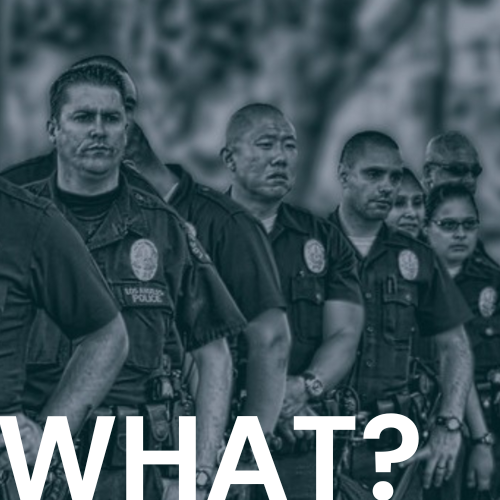
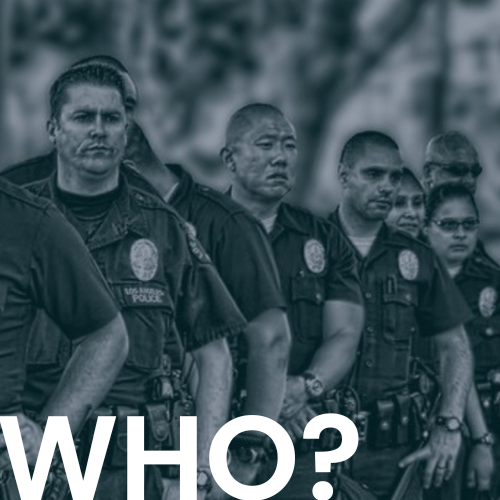
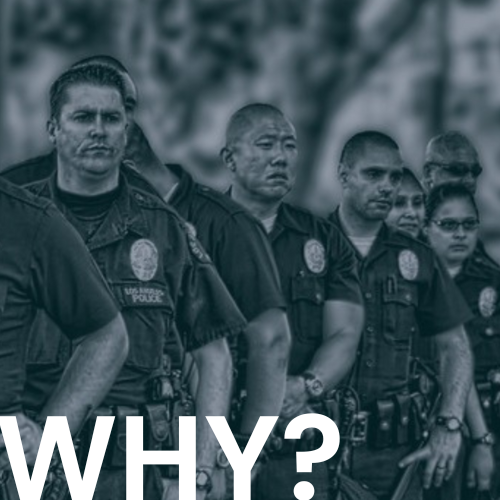
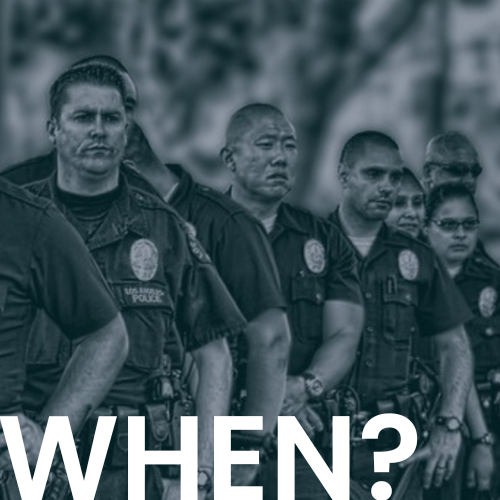
![Peace Officer Standards & Training [POST] Departments Peace Officer Standards & Training [POST] Departments](/sites/default/files/styles/large/public/2023-07/Brady.png?itok=xsIFvU8R)
![Organizations [Law Enforcement et al.] Organizations [Law Enforcement et al.]](/sites/default/files/styles/large/public/2023-07/Brady%20%282%29.png?itok=H7Pj15F8)
